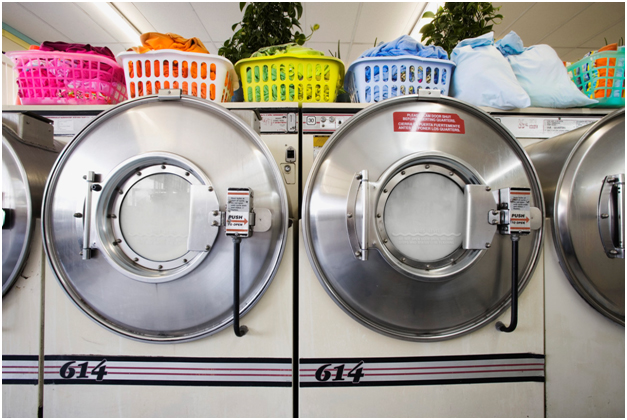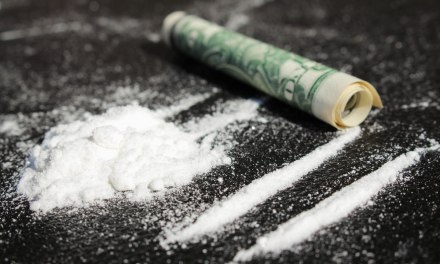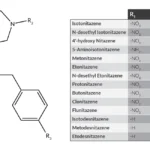There was an article on the front page of the Washington Post recently, telling the story of a young man who (I’m quoting the article’s subheading now) “briefly got clean on his own after detox programs and rehab failed. But the lure of inexpensive, plentiful heroin eventually proved too much.”
To me, this features several common misconceptions about treatment and recovery and how they work. Those misconceptions are a principal reason so many Americans have become skeptical about the value of treating addictions at all.
Take the portrayal of detox as having ‘failed’. The goal of detox is inherently short-term— to remove toxins from the body and get safely past the initial discomfort of withdrawal. It’s almost always successful, because modern medication is quite effective at suppressing withdrawal symptoms. Unless the addict decides to give up and leave the program, it’s only a matter of time until s/he feels better– usually less than a week. But nobody pretends that’s anything more than a starting point. It’s not recovery.
A thirty day rehab is an extension of this strategy. The addict is still experiencing craving for drugs, and the idea is to keep her away from a return to use via a structured setting, with counseling and support. That’s also usually successful. The rehabs I’ve worked with consistently post better than 80% completion rates. But even though almost every patient measurably improves, a lot return to using after they leave– as did the young man in the article. The return to use can be temporary, or it can represent a retreat into serious problems. Many of the people you meet at AA or NA or SMART meetings (or elsewhere) have long-term sobriety that came only after multiple treatments. That suggests that the need for more than one treatment is not equivalent to failure, any more than a sugar binge means that a diabetic will never get his blood sugar under control again. It’s only evidence that he hasn’t succeeded yet.
This is a point that Dr. Thomas McLellan has made over the years. Everything we know about substance addictions, particularly the more severe cases that demand our attention, suggests that they’re chronic, or long-lasting. We have no ‘cure’ in the sense of a medication or therapy that can restore the addict’s ability to drink or use drugs with no risk of future problems. We’re left with the challenge of motivating the patient to make necessary but difficult changes in his/her life in order to reduce the risk of relapse.
It’s not that hard to get an addict off drugs or alcohol. But they have a tendency to go back to using, despite the many problems it can cause. If there’s a defining characteristic of addiction, it’s that.
McLellan compares the public perception of treatment to a washing machine– goes in dirty, comes out clean. But unlike clothes, we seem to expect addicts to stay clean, permanently, after just one washing. You tell me: Is that reasonable?
If you accept that the nature of addiction is to relapse, much of the apparent mystery is cleared up. The real surprise is that, despite this nature, so many people from all backgrounds and environments do manage to find their way into stable recovery, of the sort that lasts for years, or decades, or in many instances, the rest of their lives.
How do they do it? That’s worth studying, I think.
I sometimes remind myself that this problem we call addiction– around longer than Christianity or the written word– has plagued pretty much every society where these substances were present. We’re just the most recent crop. Our troubles are not the exception. They’re the rule.
I doubt the answer will come in pill form. My guess is it’ll continue to emerge from the remarkable capacity of human beings to change. What keeps them trying in the face of these apparent ‘failures’? Until somehow, they aren’t ‘failing’ any longer?
I’m going to keep watching and learning. How about you?












